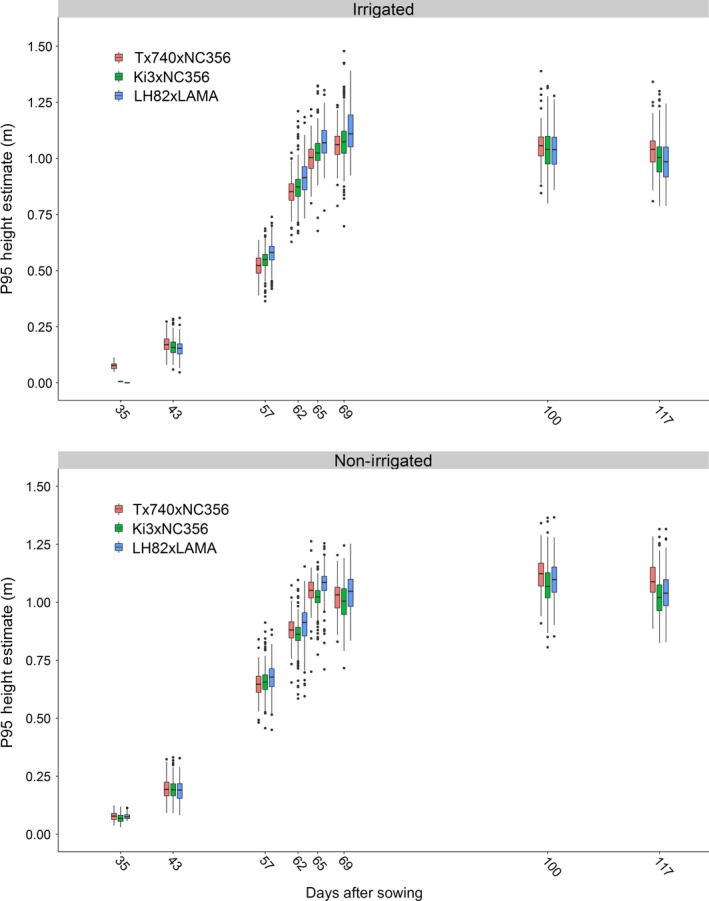The salmon louse Lepeophtheirus salmonis (Lsal) is an ectoparasitic copepod that exerts immunomodulatory and physiological effects on its host Atlantic salmon.
Over 30 years of research on louse biology, control, host responses and the host-parasite relationship has provided a plethora of information on the intricacies of host resistance and parasite adaptation.

Atlantic salmon exhibit temporal and spatial impairment of the immune system and wound healing ability during infection. This immunosuppression may render Atlantic salmon less tolerant to stress and other confounders associated with current management strategies. Contrasting susceptibility of salmonid hosts exists and early pro-inflammatory Th1 type responses are associated with resistance.
Rapid cellular responses to larvae appear to tip the balance of the host-parasite relationship in favour of the host, preventing severe immune-physiological impacts of the more invasive adults.
Immunological, transcriptomic, genomic and proteomic evidence suggests pathological impacts occur in susceptible hosts through modulation of host immunity and physiology via pharmacologically active molecules. Co-evolutionary and farming selection pressures may have incurred preference of Atlantic salmon as a host for Lsal reflected in their interactome.
Here we review host-parasite interactions at the primary attachment/feeding site, and the complex life-stage dependent molecular mechanisms employed to subvert host physiology and immune responses.
